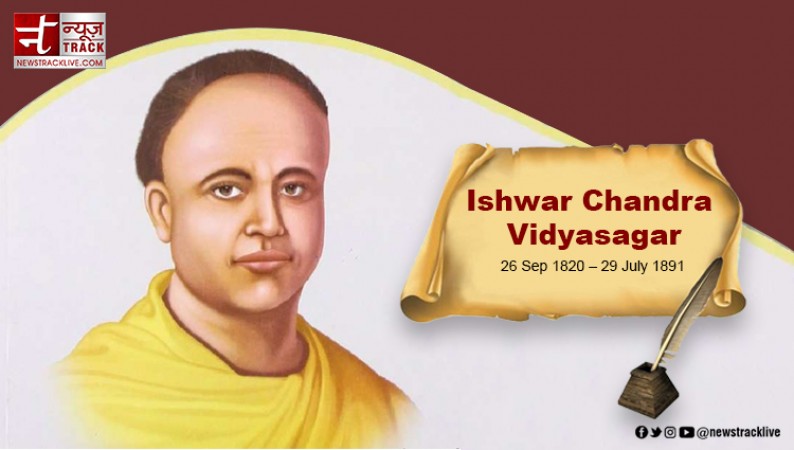
On the occasion of the 203rd birth anniversary of Ishwar Chandra Bandopadhyay, popularly known as Ishwar Chandra Vidyasagar, it is essential to celebrate the life and contributions of this eminent Indian educator and social reformer of the nineteenth century. Vidyasagar's enduring legacy in the fields of education, literature, and social reform continues to influence and inspire generations.
Early Life and Education
Ishwar Chandra Vidyasagar was born on September 26, 1820, in the village of Birsingha, West Bengal, India. His given name, 'Vidyasagar,' aptly means "Ocean of Knowledge," reflecting the profound impact he would have on education in India. His family background was modest, but his thirst for knowledge was insatiable.
Vidyasagar's early education was in the traditional Indian system of learning, with a strong foundation in Sanskrit. He later attended the Sanskrit College and University, Kolkata, from 1828 to 1841, where he excelled in his studies. His exceptional scholarship earned him the opportunity to study at Fort William College, where he honed his proficiency in English, Persian, and other languages, becoming a polyglot in the process.
A Pioneer in Education
Ishwar Chandra Vidyasagar's contribution to education in India is monumental. He was a staunch advocate for the spread of education, particularly for girls and women, at a time when access to education was limited. His tireless efforts led to the passage of the Widow Remarriage Act in 1856, which sought to abolish the practice of child marriage and promote the remarriage of widows.
Vidyasagar's most enduring legacy in education was his work in simplifying and modernizing the Bengali script and prose. He created textbooks that were accessible to a broader audience and played a pivotal role in popularizing the Bengali language. His efforts laid the foundation for the development of Bengali literature and its recognition as a modern language.
Social Reformer and Philanthropist
Apart from his contributions to education, Vidyasagar was a relentless social reformer. He actively worked to eradicate oppressive practices in society, such as the caste system and the ill-treatment of widows. His philanthropic efforts included establishing schools, colleges, and libraries, making education more accessible to the masses.
In his personal life, Vidyasagar was a man of great integrity and simplicity. He married Dinamayee Devi in 1834, and their union was marked by mutual respect and commitment. Despite facing personal tragedy, losing his wife in 1888 and his son Narayan Chandra in 1857, Vidyasagar's dedication to his work and the betterment of society remained unwavering.
Legacy and Impact
Ishwar Chandra Vidyasagar's contributions to Indian society were multifaceted. His tireless efforts in the fields of education and social reform left an indelible mark on the Indian subcontinent. His works and ideals continue to inspire generations of educators, social reformers, and individuals committed to bringing positive change to their communities.
Remembering Feroz Khan on His Birth Anniversary
Remembering the Legend SP Balasubrahmanyam on His Third Death Anniversary
Remembering Guru Ram Das on His Birth Anniversary - September 24